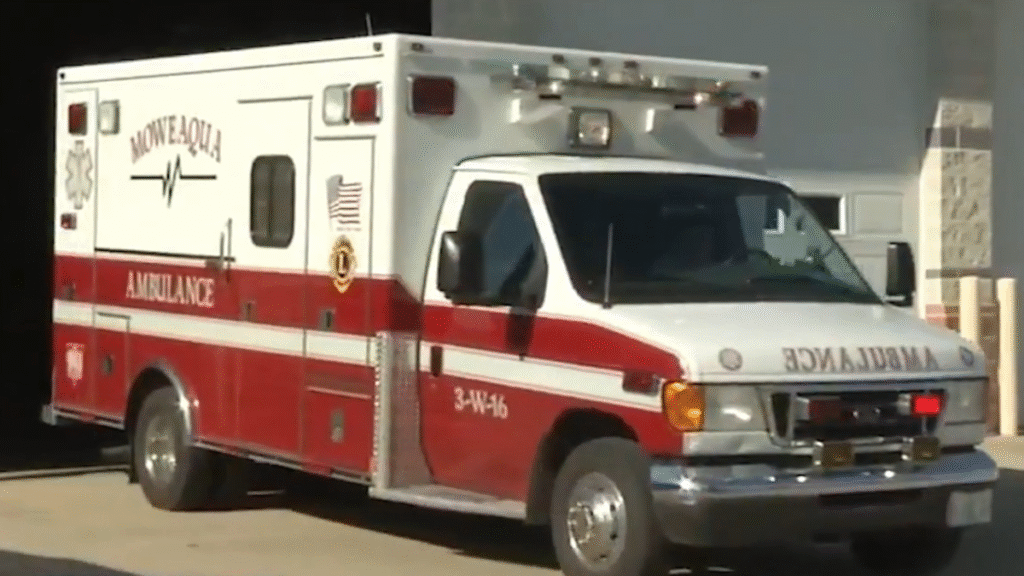Medical costs are outrageous these days. From a simple doctor checkup to full-blown surgery, you always have to expect to pay fees of hundreds to thousands of dollars, even with insurance. However, imagine getting billed for refusing medical attention because you’re not hurt. If you think that’s impossible, it’s apparently not, as a resident in Illinois was charged $200 for “refusal of ambulance transport” after calling 911.
Of course, you could blame the driver for dialing the emergency number, resulting in the bill, but he likely only wanted to have the police dispatch a unit, not have an ambulance show up. According to several Reddit users, sending EMS is standard protocol for a 911 call that involves a car accident. The only reason an ambulance wouldn’t show up would be if the caller specifically told dispatch that one wasn’t necessary, which he didn’t. “What a great f**king system we have in place,” the Illinois driver sarcastically remarked in his post about the whole ordeal.
Another person pointed out how car insurance is supposed to cover EMS fees involved in a car accident. OP does claim they have car insurance, and was evaluated that nothing was wrong with him in terms of injuries from the car crash. Still, since it was a private company’s EMS that was involved, as one commenter noticed, he was billed for the ambulance refusal anyway. That said, the comment section is filled with people saying he should pay it because it’s his fault, that he should just ignore, or that he should tell his insurance to pay for it. Fortunately, a lawyer chimed in with sound advice on what the Illinois man should do.
A Lawyer’s Advice for the Illinois Driver
First, they explain that the bill is actually reasonable “because costs are tied to manpower, equipment, and readiness,” regardless of whether the ambulance’s services are refused. So, if he wants to challenge paying the bill, he has several options, such as disputing it in writing, checking the local ordinance for whether the bill is enforceable, or even negotiating directly with the EMS for a possible fee reduction.
Whatever he chooses to do, his story is certainly a good lesson for all regarding what to expect when calling 911 after something like a car crash. Obviously, if someone’s hurt, then an ambulance is warranted, but if not, then make sure you tell dispatch not to send one. Otherwise, you might receive a hefty bill for simply refusing one’s services.


